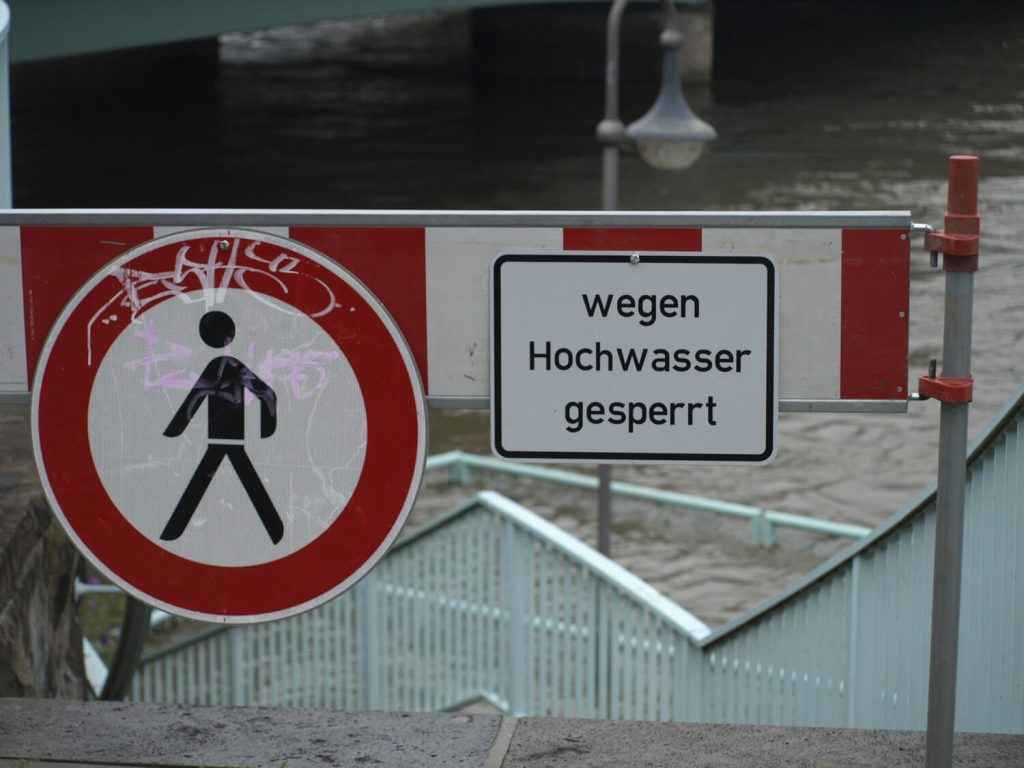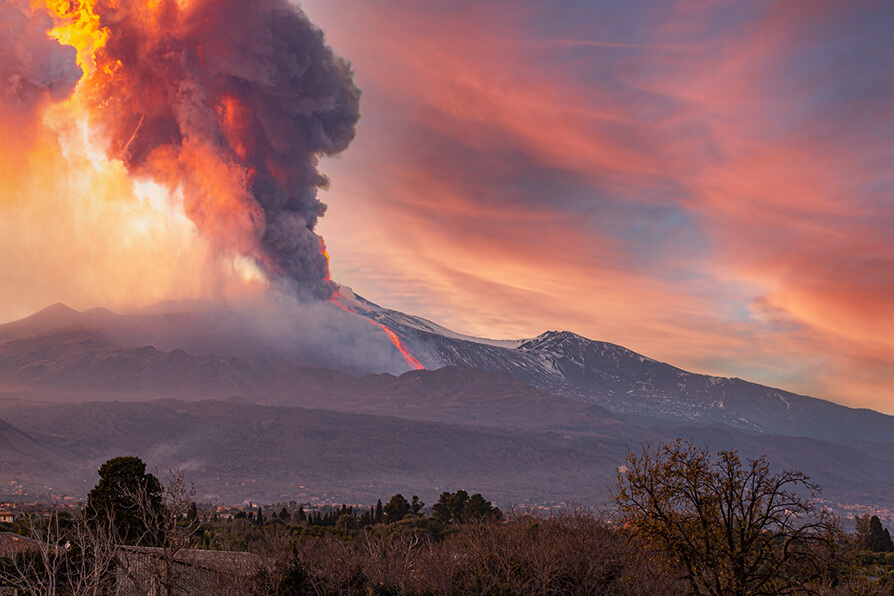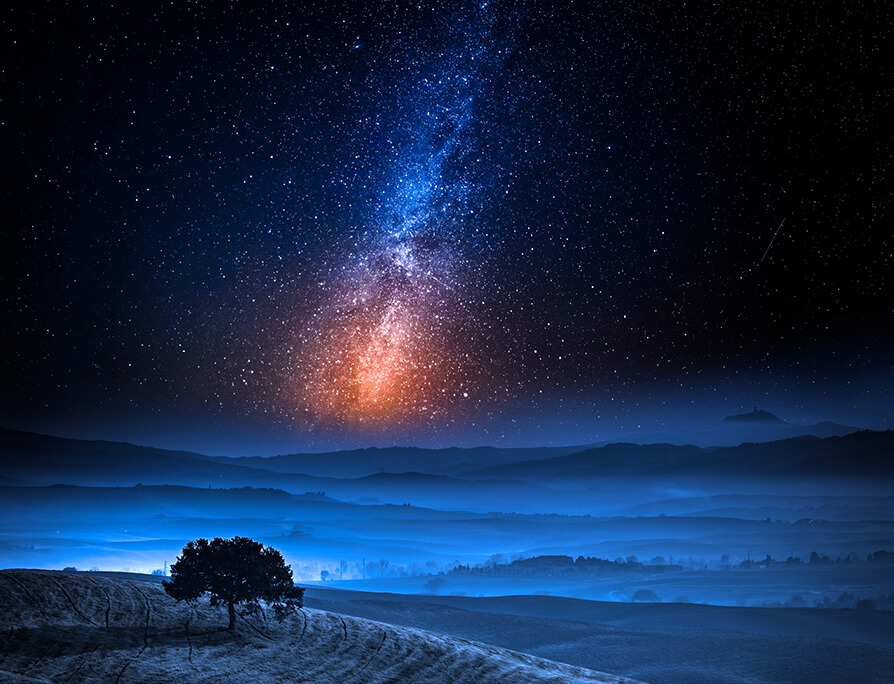Catastrophic floods are ongoing across Western and Central Europe, leaving hundred dead, hundreds of thousands more without power, and causing billions of euros of property damage. As the River Meuse swelled to several times its usual size, Belgium’s government referred to the destruction as “one of the greatest natural disasters our country has ever known”. The plight of winemakers is just one drop in the deluge, but flooding has also devastated Germany’s Western vineyards. Our industry, like so many others, is highly vulnerable to extreme weather events caused by climate change.
The Ahr Valley, formed by a tributary of the Rhine, provides among Germany’s best Pinot Noir. The river burst its banks early in the flooding, which began on the 12th July after a peculiar meteorological phenomenon. A low-pressure zone over the Mediterranean was trapped between two high-pressure zones. Travelling north, it picked up enough water to release a month’s worth of precipitation in the space of a single day. Germany was the worst-hit of all European nations, with witnesses reporting a sense of weary disbelief at the scale of destruction. Winemakers weren’t spared; their cellars were soon flooded and their product in many cases will not be salvageable.
The crisis is not without its heroes. An outpouring of donations has taken place, including ten million euros from the Schwarz Group, owners of major brands such as Lidl. As the insured damage – likely to be a fraction of the total – creeps past 3 billion USD, it’s clear that more is needed. The EU itself will donate at least 300 million euros. But it appears that a new catastrophe has struck Central Europe’s winegrowers at the time when they were least prepared for the financial blow. Many have started fundraising campaigns of their own.
For years, the wine industry has been preparing itself for the ravages of climate change. Seminars on global warming take centre stage at wine fairs, while some châteaux are considering a change of grape to deal with changes in weather. These floods, catastrophic as they are, are only the tip of a slowly melting iceberg. With unprecedented heatwaves across the Pacific Northwest, they form a pattern of extreme weather that threatens our traditions and the industry we love. Far more must be done to protect the general populace. As the damage spreads from Germany into Burgundy, winemakers need more than donations after the fact. They, like the rest of us, need international action to slow climate change as much as possible.



